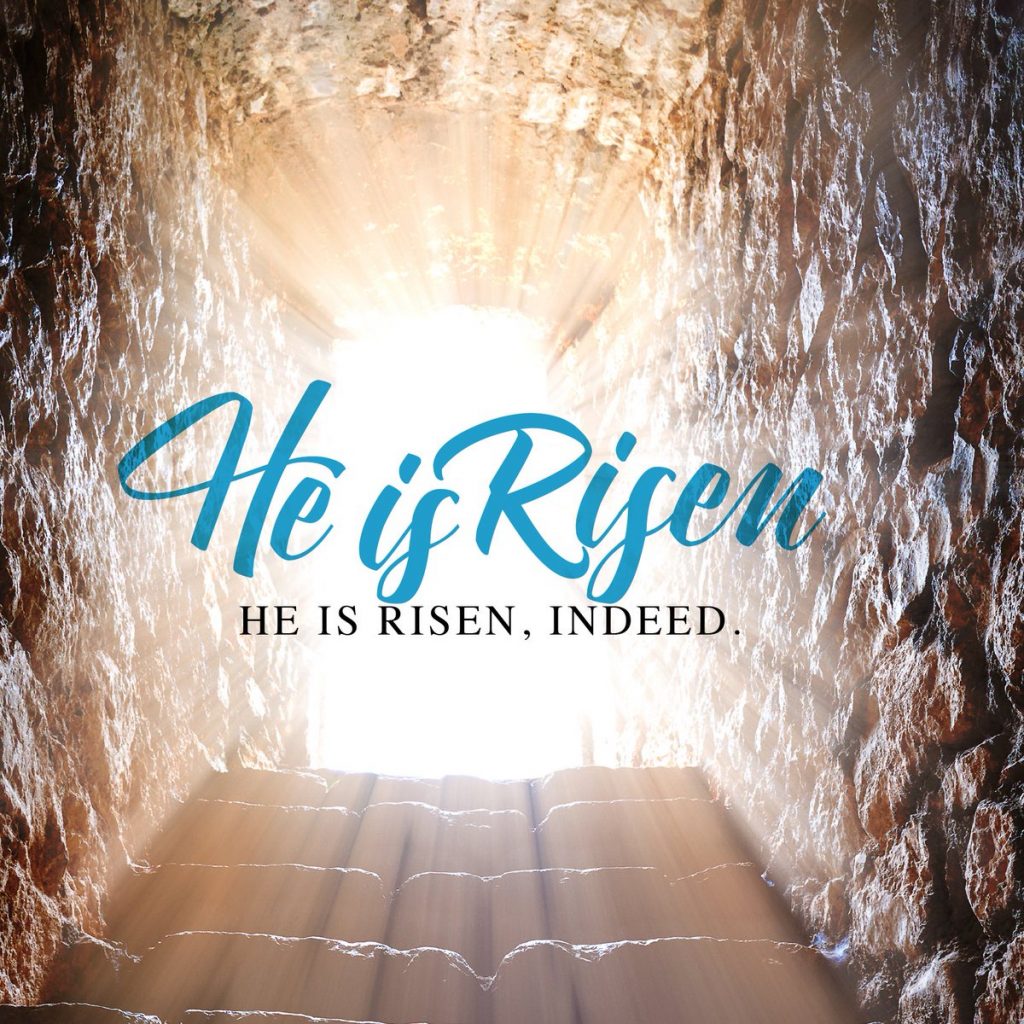
To listen to this reflection as a podcast, click here.
During the first half of the twentieth century, Josef Stalin relentlessly tightened his ideological grip on the Soviet Union.
Stalin subscribed to the view that religious thought and freedom were obstacles to the birth of the “new man” promised by Marxism – obstacles that could be ground to powder by government intervention.
Churches were closed. Outspoken priests were arrested. Worshipers were threatened with violence. Atheism became official state policy. School children were invited to close their eyes and pray for blessings from God. When no such blessings appeared, they were instructed to close their eyes and pray for blessings from Stalin. Teachers would quietly slip bags of candy onto their desks.
For seven decades, the Soviet Union proactively aimed to eradicate Christianity’s thousand-year legacy in Russian culture.
Stalin unleashed a kind of Marxist speakers bureau – gifted presenters who preached the intellectual supremacy of atheism and the glories of the Communist State at mandatory gatherings around the nation. One such speaker worked his crowd for more than two hours. Empty, emotionless faces stared back at him. When he asked for questions at the end, there was silence.
That’s when a Russian Orthodox priest in the crowd suddenly shouted, “He is risen!” Immediately a majority of those present roared in response: “He is risen, indeed!”
That traditional “call and response” – deeply planted in the hearts of the Russian people – arises from the Gospel of Matthew’s account of the first Easter Sunday. The women who have come to anoint Jesus’ broken body instead encounter an angel sitting outside the empty tomb:
“The angel said to the women, ‘Do not be afraid, for I know that you are looking for Jesus, who was crucified. He is not here; he has risen, just as he said. Come and see the place where he lay. Then go quickly and tell his disciples: “He has risen from the dead and is going ahead of you into Galilee. There you will see him”’” (Matthew 28:5-7).
When the Iron Curtain began to come down in 1989, Western sociologists expected to discover that Russia’s citizens had been “re-educated” concerning religion. Or at least they would be spiritually ambivalent. Instead they were surprised to learn that approximately 70% of the population retained a vigorous belief in God – in spite of a concerted governmental effort to eliminate this perceived ideological weakness.
How are we to account for this resilience?
Some of the New Atheists have proposed that humanity’s fascination with faith might be a genetic mistake – a dysfunction of the brain that has somehow survived the pruning process of biological evolution. In other words, we just can’t help ourselves.
Or it could be that something (or Someone) was turned loose at the first Easter – a transforming power that cannot be stopped by threats of violence or mandatory re-education.
A considerable number of Easter sermons point backwards (something amazing happened just outside Jerusalem twenty centuries ago) or forwards (something wonderful is going to happen to Jesus’ followers when they die). Those things are quite true. But it seems clear that the writers of the New Testament are chiefly preoccupied not with the past or the future.
They’re laser-focused on the present. Because Jesus’ tomb was empty, something incredibly important is happening at this very moment.
We might even stir our own imaginations by expanding the words of that ancient call and response:
He’s out there running around right now. He’s out there running around right now, indeed!
And it’s amazing what happens when people actually start living as if those words were true.
